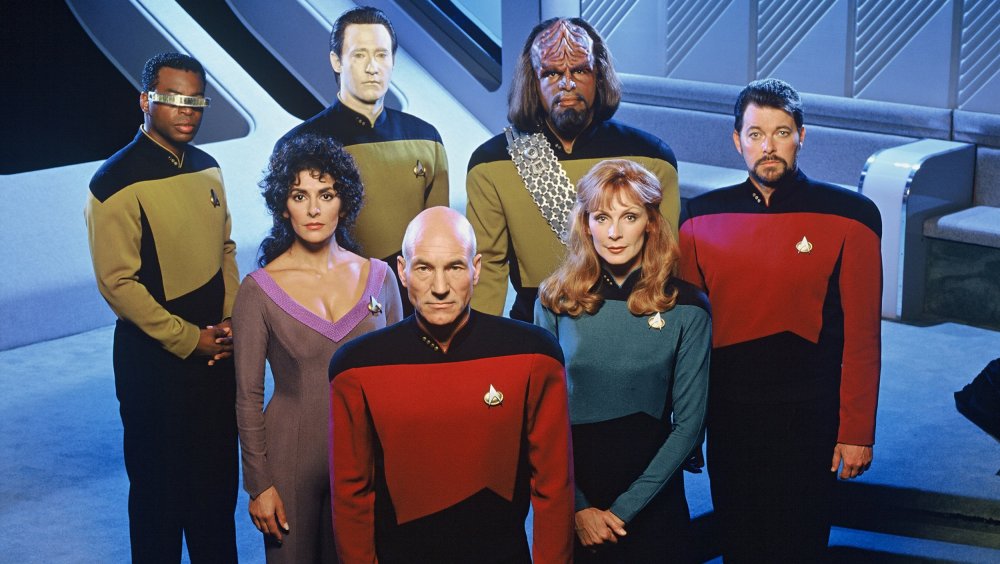
I recently watched a documentary focusing on the many creative and political problems that went into the first two seasons of Star Trek: The Next Generation. Among the stories of high stakes negotiations and toxic work environments, I was particularly intrigued by the problems that stemmed from the demands placed on the writers by Star Trek’s creator, Gene Roddenberry. In the time between The Original Series and Next Gen, Roddenberry had developed a humanist philosophy that pictured a future free of the economic, social, and personal issues that have been at the heart of the human experience throughout history. The result of this change of philosophy in Roddenberry was that the writers were given a strict edict that none of the episodes would contain any kind of conflict between the primary cast of characters.
Predictably, this resulted in many headaches in the writers’ room and a couple of seasons which the majority of fans will agree were the weakest in the show’s run. This would continue to plague the show until Roddenberry (and those who were fanatically devoted to his edict) were gently pushed aside and creatives like Rick Berman, Michael Piller, and Ronald D. Moore were allowed to create stories focused on characters, rather than scientific puzzles. Episodes from this time period like The Inner Light, The Best of Both Worlds, Yesterday’s Enterprise and Lower Decks are all fantastic examples of powerful, character-driven storytelling told with the unique voice of science fiction.
None of this should be a surprise to a student of the fundamentals of creative writing, so I was surprised to see a particular user review when I looked up the documentary on IMDB. In the review, the irate viewer completely misunderstood the subject of conflict between characters, angrily saying that the reason why the show was so successful was because it didn’t have any conflict and therefor didn’t degenerate into ‘realistic’ hateful backstabbing between the members of the crew. Reading this, I realized that the reviewer had misunderstood the nature of conflict in storytelling, so I thought it would be useful to clarify this common term used by writers of all types of media.
When writers talk about conflict, we’re talking about more than just people fighting each other. In a story, conflict is simply an unanswered question, with the answer coming in the form of a resolution. It’s the what-will-happen-next that keeps readers and audience members engaged with their stories. There are hundreds of examples of this type of conflict. Here are just a few:
- A child finds a wallet on the ground full of cash
- A shy student wants to ask her classmate to go to a dance with her
- An elderly man grieves for the death of his wife of forty years
Respectively, these examples of conflict demonstrate problems stemming from (among other things) morality, social anxiety, and grief. These are all character-focused conflicts, and none of them involve any kind of confrontation or inherent negativity towards another person. Of course, conflict in a story can come from a confrontation between characters, groups, or ideals, but my point is that confrontation is not necessary for effective conflict.
A story without conflict is difficult to relate to and hard to stay engaged with. Whether it’s an intense psychological drama or a toddler’s instructional tv show, the question of what happens next is integral to the audience’s investment. If you want to test this for yourself, I suggest looking at your favorite stories of any medium and asking yourself what the conflicts are that keep you invested all the way to the end. Feel free to share them in the comments, and let me know if you’d like to see more of this sort of analysis in future blog features.
A big shout-out to the wonderful members of my Writers Community:
Christine Herbert, Michele Cacano, Jessica Mormann, Naltath, and Jo Sal.
If you’d like to learn more about my Writers Community, check out the following link: